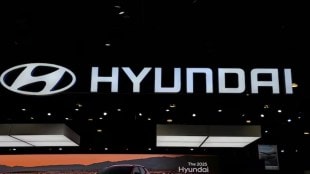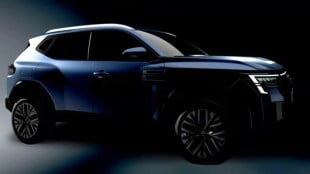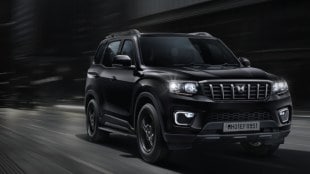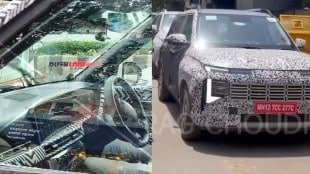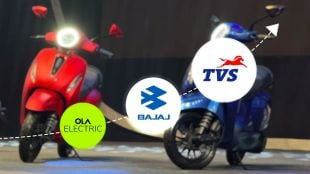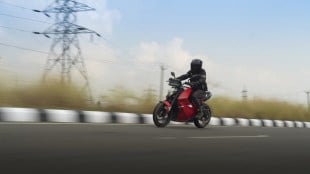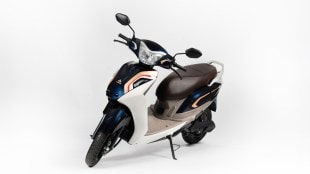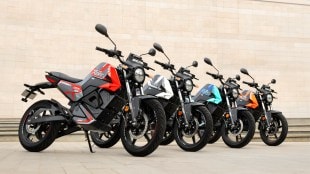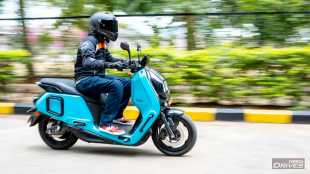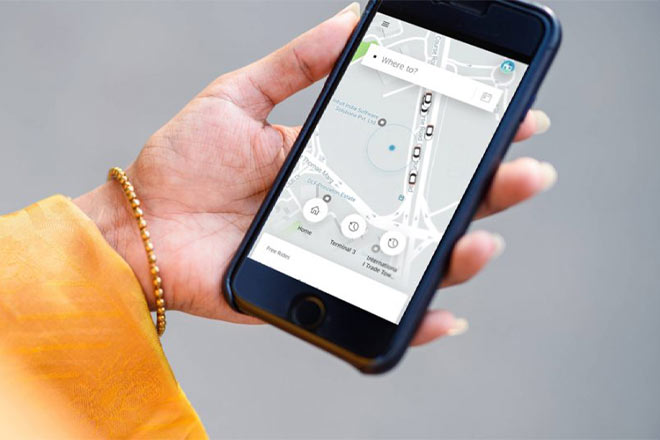
According to Deloitte’s 2019 Global Automotive Consumer Study, Indian consumers said that they ‘feel empowered trusting the power of digital solutions that make their commutes safer.
As shared mobility solutions like Uber and Ola ride-hailing services or Zoomcar’s self-drive rentals gaining traction in India, Delloite’s global study shows 51% of millennials which include Gen Y/Z are questioning the need to own a vehicle, with 44% of Gen X having similar opinions. However, 34% of pre/boomer pre/boomers generation have questioned the need for an owned vehicle. The report also mentions that 76% of Indian respondents are in favour of connected vehicles with 84% believe that connected vehicles will be beneficial in providing suggestions regarding safer routes along with updates to improve road safety and prevent potential collisions.
Deloitte said that as shared mobility is a growing industry that is surely gaining momentum and the report helps provide a clear generational divide. Compared to the older generation, younger people are able to understand the idea of shared mobility and question whether vehicle ownership is a necessity.
The study conducted by Deloitte included 10,000 consumers from Australia, China, India, Japan, the Republic of Korea, and Southeast Asia. The consumers shared their views on critical issues impacting the automotive sector. In India, 47% of consumers use their own vehicles every day it is expected to rise to 50% in the next three years.
Deloitte India Partner Rajeev Singh said, “India is at the cusp of digital transformation as we see a whole new way of engagement, interactivity and consumption pattern. With that, the future is truly going to be driven by mobile connectivity and digital power.”
What this will mean for Indian manufacturers is that while sales as such not necessarily are affected, a major portion of their production will have to cater to the fleet and aggregators, rather than designing and marketing personal vehicles. They will have to take into account the requirement of cab aggregators and their drives and their needs in the development process or develop technology for shared vehicle rental programme with tech that makes the process easier for the end user. For example, Volkswagen India announced its partnership with Zoomcar, to whom they provided 200 Polo hatchbacks. These 200 vehicles will be a part of their rental fleet.
What I find important is that on one hand, manufacturers will have to take into consideration that while shared mobility will mean that multiple people will be using a single vehicle, and will bring down the number of available consumers. However, on the other hand, a vehicle that is shared will be clocking significantly more distance on a daily basis and will usually has a life span of around four to five years, whereas a privately owned personal vehicle could be plying on the road for up to 15-years due to lesser mileage, while it might change hands along its journey. The life-cycle of a vehicle will be key in determining the economics moving forward as shared mobility is becoming the norm with the newer generation of users.



